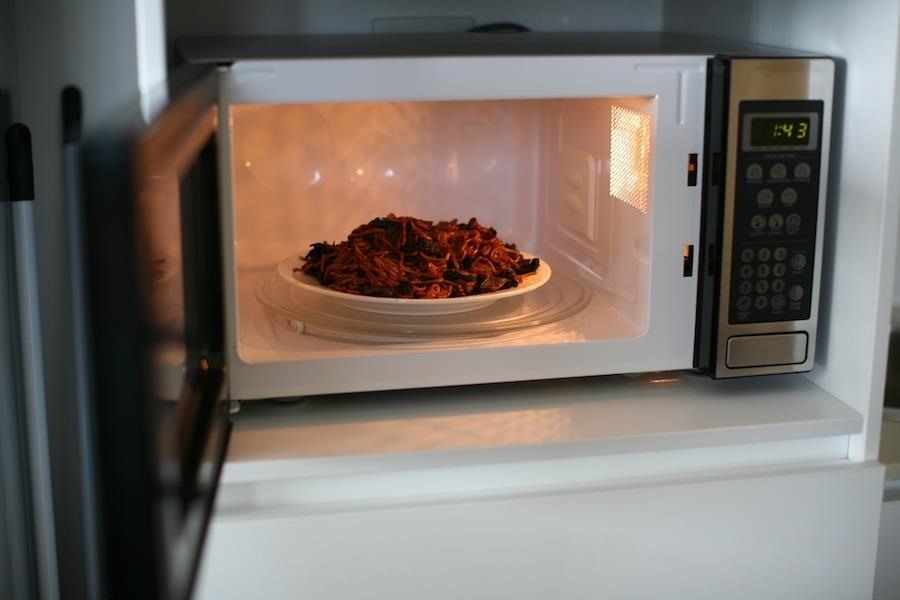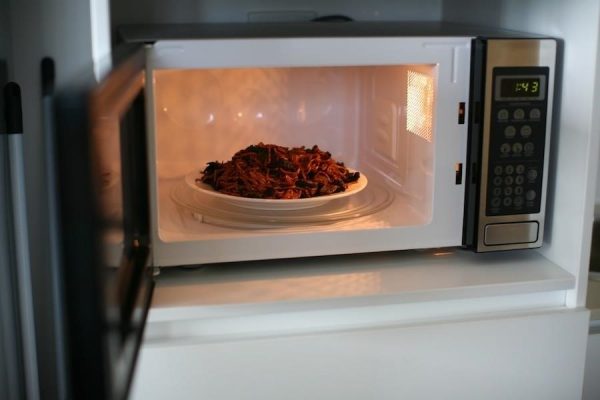Cooking is a life skill, one that a lot of people engage in every day. The cooking and consumption of food are done with the body’s nourishment in mind. But if food is not handled properly before consumption, it can become contaminated. When this happens, that which should have provided nourishment would become poisonous, if consumed. This is why we must practice food safety.
Read more about Food
Food safety refers to the proper way of handling, preparing and storing food to prevent contamination and possible food poisoning. Some food safety tips include:
Wash your Hands:
Food safety tips will be incomplete without this rule. You can contaminate food with your hand. Therefore, wash your hand before cooking. Wash your hands after touching raw foodstuff, after touching the waste bin and after going to the toilet.
Clean Canned Food and Beverages before Use:
The surfaces of canned foods like milk, tomatoes, drinks, sweet corn, beans should be rinsed off before they are opened. Rinsing removes the dirt and bacteria that may have settled on their surfaces during storage. Can-openers should also be rinsed before use as dirt can easily be transferred from the openers to the food in the course of opening.
Avoid Canned or Jarred Foods with Dents:
Before making a purchase or using the canned food in your pantry, thoroughly examine the can. The top, bottom and seams are their weakest parts. If you notice dents, cracks or bulging lids, please, do not buy. They may be an indication of bacteria infection. Also, one code that you should adopt with the canned food in your pantry is “first in, first out.” This basically means that you should use the oldest foods in your pantry first. This reduces their chances of spoiling before use.
Rinse Foods before Peeling:
Most of us rinse ready to eat fruits like apples, grapes, before eating them. But when it comes to peel and eat foods like plantain, banana, pawpaw, orange, the mere thought of rinsing them drains energy from our bodies.
Sign up to the Connect Nigeria daily newsletter
So, after arguing and convincing ourselves that the peels are all the protection that the fruits need, we peel and eat without rinsing first. Now, if you’re one of those who come up with laziness based arguments like this one, pay attention. Fruit peels may carry bacteria that can spread to the food during cutting, peeling or eating. Thus, you should rinse before peeling and eating,
Cook Food Thoroughly:
Cooking usually changes the taste, texture and colour of food. It makes food edible. Some raw food may contain bacteria which can cause food poisoning if consumed. Therefore, we must take due precaution when cooking food. This basically means that food should be cooked to 70°C and above. This temperature kills bacteria and makes food safe enough for consumption.
Store food Properly:
Raw food and cooked food are stored differently. If you buy whole grains, nuts or legumes in bulk, you need to store them properly, if you want them to last. Use clean, dry containers. Cover them so they are airtight. If you have cooked food to freeze, do so when it’s cool. Use clean containers with airtight lids for freezing. Transfer the content of opened can into suitable containers before freezing.
Keep Raw Food Away from Cooked Food:
Raw meat, poultry, seafood should be kept away from other foods in the freezer. When it’s out of the freezer, neither this food nor its juice should be allowed to come in contact with ready to eat food; this is to prevent cross-contamination.
I hope you will take these food safety tips into consideration when shopping, cooking and storing food. Stay safe.
Sources:
Better Health
Food Safety
Web MD
Featured Image Source: Sweden Ghana Medical Centre
Got a suggestion? Contact us: [email protected]


